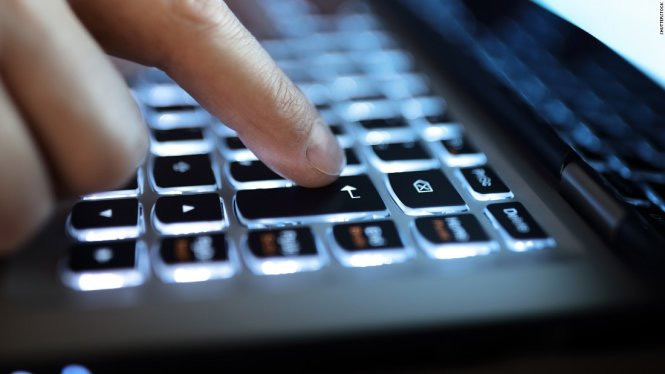How to distinguish true fake news
Not all information online is true. Without adequate knowledge, Internet users are more likely to absorb false information. This directly affects the individual reader, more dangerous when widely distributed, it can also have unpredictable consequences.
So, how to distinguish fake news from the Internet? If you feel that something is "wrong", ask yourself some questions below.

1. Does the news appear on "strange websites"?
Note the domain suffix of the link (link). There are many fake websites that imitate reputable and reliable websites, the same URL and domain, but instead of .com they will use .com.co at the end. So, if you see that the domain suffix of the link looks like ".co" or ".su" or any such suffix, be wary.
2. Does the title match the information in the article?
Many people often do not click on the content of an article but only the title. This is one of the biggest reasons that fake news spreads on social media.
3. Has the information recently occurred or is the old information reused for other purposes?
There are many times when true information from ancient times has been 'unearthed' and modified to make material for a new information content driven by the writer's intention.
When you doubt the veracity of the information, check by searching on Google for the key or event being reported in the article to see if any website reported such information or not and when it was posted. .
4. Can the videos and pictures supporting the news be verifiable?
For the purpose of distorting the truth, fake news often uses photos or videos that are cropped or edited. Internet users can verify the credibility of the photos in the article by right-clicking on the image that feels suspicious and selecting 'Search Google for image.' Websites that contain images similar to the one you searched for will display. If the image you have just found is different from the rest of the images or many websites are using the same image but with other content you should be wary of the content of the article you are reading.
5. What is the author's source?
Real news often contains links to reliable information and dates, other information that can confirm the truth.
6. Are you yourself biased?
Each person's bias is also a big reason why fake news has a chance to spread.
For example, if you don't like Mr. Trump, you tend to think that the negative information about this US president is true even without any evidence.
You should read it
- ★ Covid-19: The suppression of the 4 words 'NOT TRUE' because of the terrible fake news about Italy
- ★ Facebook starts to evaluate the reliability of users
- ★ How to accurately distinguish iPhone 6 or iPhone 6s?
- ★ Google changed the search ranking algorithm, limiting the display of fake news
- ★ What is Fake IP? Guide to the simplest Fake IP for Chrome